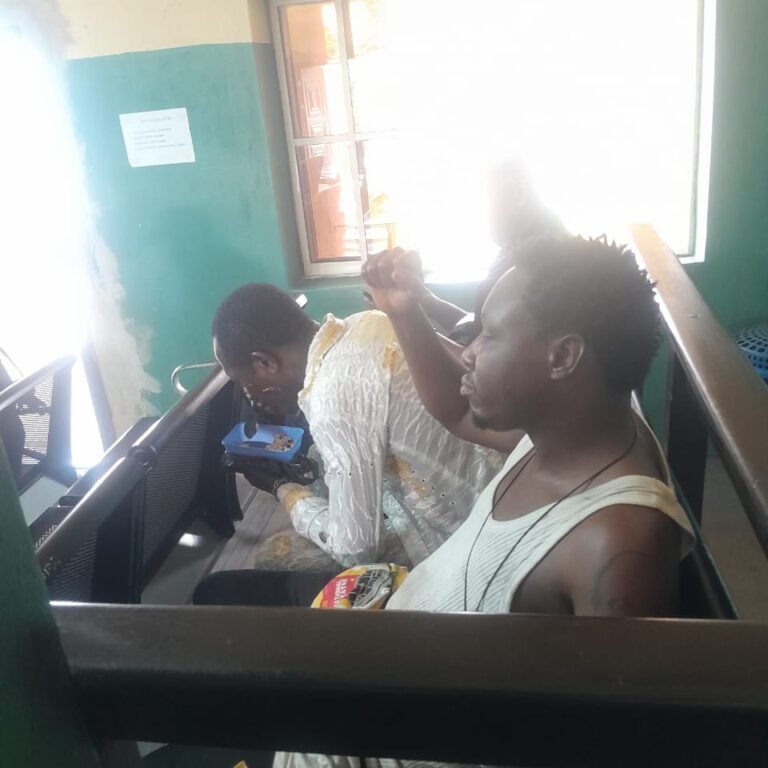
By Ameh Gabriel
Abuja, Nigeria | July 24, 2025
The United Nations Office on Drugs and Crime (UNODC) has reaffirmed its unwavering commitment to supporting Nigeria’s fight against human trafficking, describing the crime as a global organized enterprise that profits from the exploitation of vulnerable populations.
Speaking at a press conference organized by the National Agency for the Prohibition of Trafficking in Persons (NAPTIP) to mark the 2025 World Day Against Trafficking in Persons, UNODC Nigeria Country Representative, Mr. Cheikh Toure, called for urgent, coordinated action to dismantle criminal networks operating across borders.
“This year’s theme ‘Human Trafficking is Organised Crime: End the Exploitation’ reminds us that trafficking is not an isolated offense. It is a sophisticated, transnational criminal business that targets our women, children, and men,” Toure declared.
He praised NAPTIP for its leadership in driving national awareness and intervention efforts, and outlined a series of high-level activities planned to commemorate this year’s global campaign against trafficking:
28 July: National Awareness Walk – A nationwide march to raise consciousness and galvanize public support against trafficking.
29 July: Bootcamp & Peer Review for State Taskforces – A capacity-building effort to strengthen grassroots enforcement and coordination.
30 July: National Stakeholders Forum – A high-level gathering of justice sector actors, civil society, and international partners.
31 July: Closing Ceremony Marking a renewed national commitment to eradicate human trafficking.

Toure also highlighted several strategic, long-term UNODC interventions in Nigeria, including:
The EU-funded Migration Governance Support Project
The Multi-Partner Trust Fund (MPTF) Data-Driven Migration Management Initiative
The Netherlands-funded PROMIS Project targeting trafficking and smuggling networks
The Switzerland-supported National Action Plan (2022–2026) implementation framework.
However, the UNODC chief emphasized that no policy or institution can succeed alone without addressing the root causes of trafficking poverty, insecurity, and social vulnerability.
“Human trafficking thrives where desperation lives. We must strengthen community systems, empower traditional institutions, and mobilize local leadership, especially in border and underserved areas,” Toure said.
He described trafficking as a grave violation of human dignity, a threat to social stability, and an assault on the rule of law.
“Let me be clear: UNODC will deepen its partnership with Nigeria, working closely with government, civil society, and survivors themselves to dismantle trafficking empires and support victims. We must act now — decisively and together.”
The World Day Against Trafficking in Persons is observed annually on July 30, drawing global attention to the plight of millions of victims worldwide and calling for stronger international cooperation to combat the crime.







